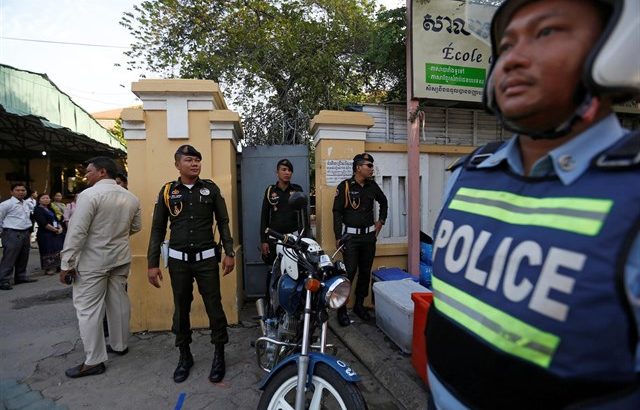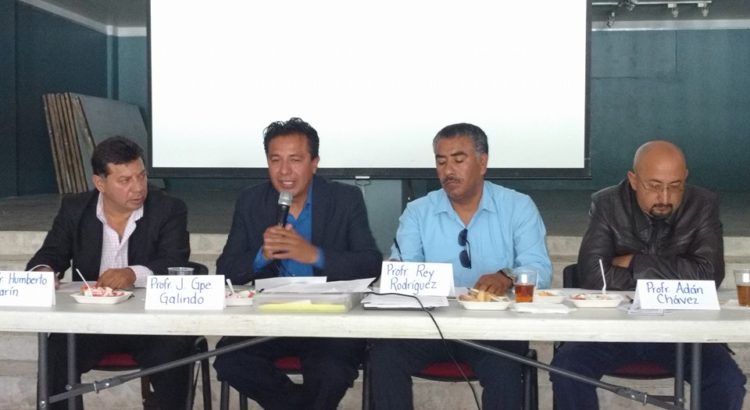África/Kenya/02 Enero 2017/Fuente:DailyNation /Autor: Ouma Wanzala
Resumen:Todos los estudiantes en todo el país a partir del próximo año voluntad puede asignar números personales únicas para realizar un seguimiento de su progreso académico, ha dich el presidente Uhuru Kenyattax
All learners countrywide will from next year be assigned unique personal numbers to track their academic progress, President Uhuru Kenyatta has said.
«The Kenya National Examinations Council (Knec) should cease the use of index numbers and instead ensure all registered examination candidates have unique personal identifiers (UPIs) in student registration numbers (SRNs),» said President Kenyatta on the day Education CS Fred Matiang’i released the results of this year’s Form Four examinations.
The President said the learners would use the personal identification number throughout their school life. He gave the directive after receiving a comprehensive report on the 2016 Kenya Certificate of Secondary Education (KCSE) examination from the Ministry of Education and Knec officials before the results were released in at Shimo La Tewa School in Mombasa.
Education Cabinet Secretary Fred Matiang’i said the use of a personal number would help to manage data in the education sector.
The ministry has been experiencing difficulties knowing the exact number of students in schools with different agencies giving conflicting figures.
Some school heads have also been accused of conspiring to steal government resources by giving inflated figures to secure more funding since capitation is based on the number of learners in schools.
Auditor-General Edward Ouko’s report on the ministry’s financial statements for the 2013/2014 financial year says that the government had lost millions of shillings in capitation funds in public schools through inflated enrolment figures.
Nationally, enrolment in secondary schools rose from 1.9 million in 2012 to 2.3 million this year, while in primary schools, it went up from 9.8 million to 10.2 million over the same period.
The government provides Sh1,420 for a pupil in a public primary school every year, while a student in a public secondary school gets Sh12,870.
The Basic Education Statistical Booklet (2014) report returned a glaring mismatch of figures sent to the Ministry of Education against actual numbers based on census.
On Thursday, Dr Matiang’i said the government was committed to paying examination fees for candidates sitting the Kenya Certificate of Primary Education (KCPE) and KCSE examinations in schools that receive its funding.
REGISTERING ‘GHOST’ CANDIDATES
«The government has now extended this facility to all candidates who will be sitting examinations in private schools,» he said.
Nationally, enrolment in secondary schools rose from 1.9 million in 2012 to 2.3 million this year, while in primary schools, it went up from 9.8 million to 10.2 million over the same period
This financial year, Sh32.9 billion has been set aside to cater for students in secondary schools, while Sh14 billion will support pupils in public primary schools.
The government provides Sh1,420 for a pupil in a public primary school every year, while a student in a public secondary school gets Sh12,870.
The Basic Education Statistical Booklet (2014) report returned a glaring mismatch of figures sent to the Ministry of Education against actual numbers based on census.
On Thursday, Dr Matiang’i said the government was committed to paying examination fees for candidates sitting the Kenya Certificate of Primary Education (KCPE) and KCSE examinations in schools that receive its funding.
Fuente de la noticia: http://allafrica.com/stories/201612300081.html
Fuente de la imagen:
http://allafrica.com/download/pic/main/main/csiid/00370952:d55e6eda0ee3ed78034506e47052b6dc:arc614x376:w614:us1.jpg









 Users Today : 42
Users Today : 42 Total Users : 35459948
Total Users : 35459948 Views Today : 48
Views Today : 48 Total views : 3418513
Total views : 3418513